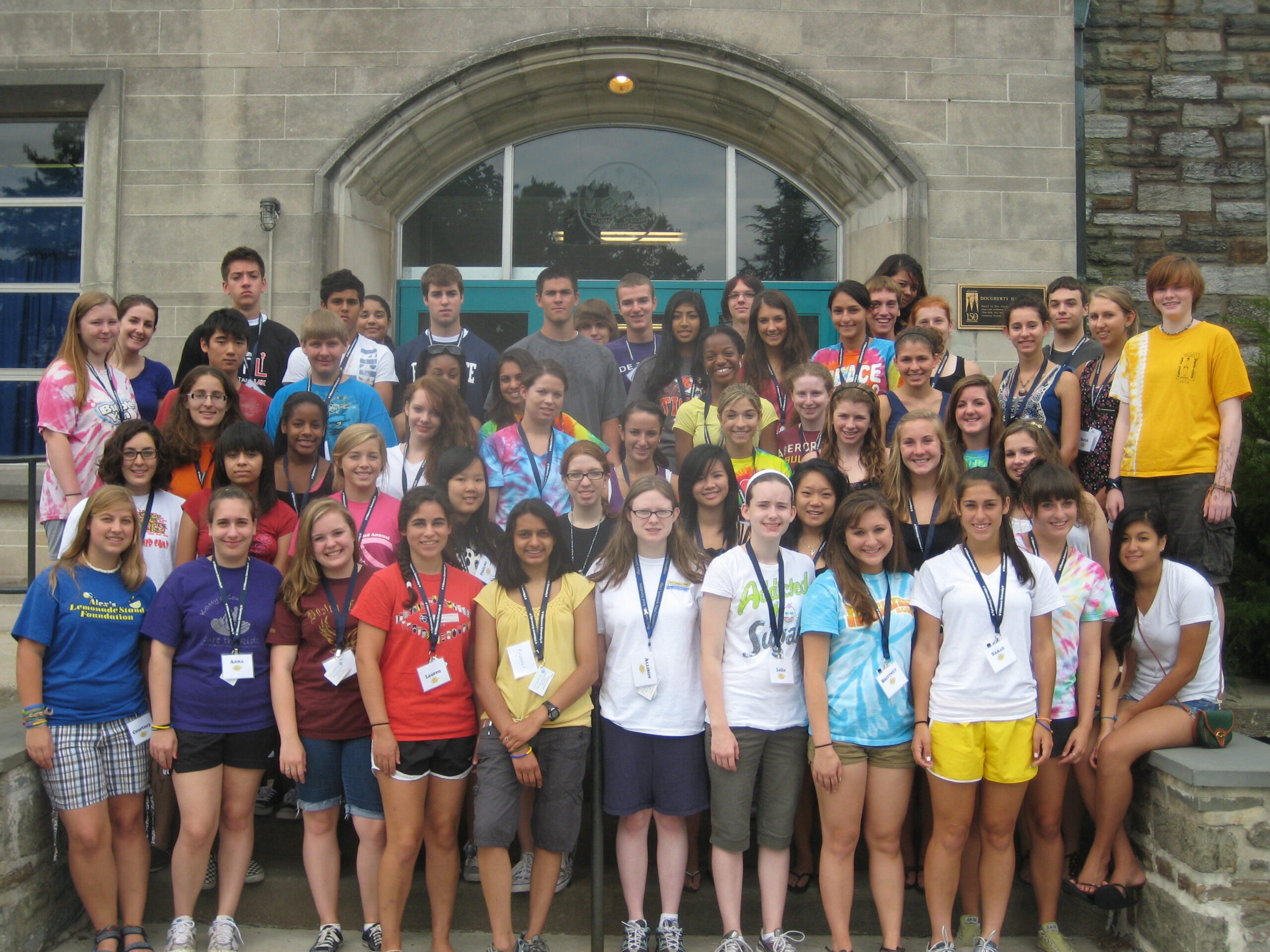
advancing the art of science communication
curiousSCIENCEwriters is an innovative extracurricular program that trains curious and creative high school communicators to bring complex science to the general public through the power of story. Learn More →
The application portal for the Class of 2026 will open on January 15.
2026 Summer Bootcamp
will be held online July 13-17.
* In-person experiences available in some areas*
fascinating stories for all audiences, conceived and written by students.
Not Back to Normal: The Hidden Toll of the COVID Pandemic on Kids
New research reveals that children’s problems with making friends, managing emotions, and self-esteem didn’t just disappear when routines went back to “normal”…
Prions, the Silent Saboteurs
The world is teeming with biological assassins. They lurk everywhere—in secluded forests, homes, and even within your body. Some stalk silently, striking…
The Invisible Brain in Your Belly: The Power of Your Gut
You are walking on stage. Hundreds of eyes are watching you. Your palms are sweating, and the butterflies are turning and tossing…
Do you have the drive and passion for science communication?
Curious Science Writers (cSw) is a training program for exceptional high school students with a passion for science and writing. Created to “advance the art of science communication,” cSw is an innovative, extracurricular program that prepares highly motivated high school communicators to bring complex biomedical science to the general public through the power of story.